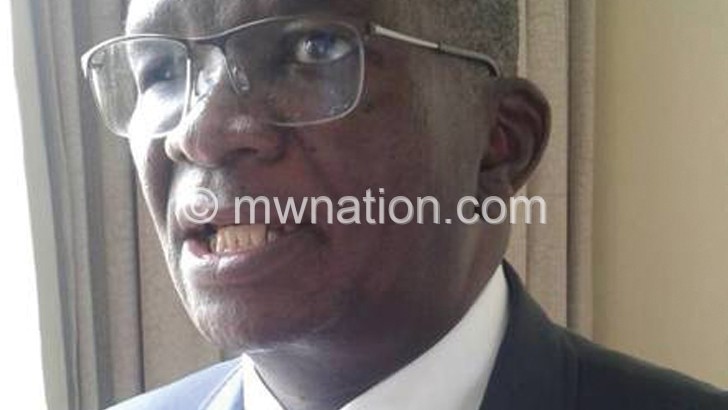New Copyright Act will be effective—Judge
High Court Judge Kenyatta Nyirenda, who was involved in the drafting of the Copyright Bill, says the new Act will help deal with rampant copyright.
The judge made the remarks on the sidelines of a half-day workshop aimed at sensitising judicial and police officers on the new law.

In interview, Nyirenda said the new Act, which puts into consideration issues of civil penalities, is all-ecompassing which once in full use will see cases of copyright infrigment decrease.
“The new law has a simplistic approach as it provides for penalties, but also gives powers to the wronged party to sue for financial loss if the offence made them lose money,” he said.
“In these cases, using the new Copyright Act, the court will look at the circumstances of the case and dertermine whether the wronged party can sue for civil penalties.”
The judge said by the end of the day, the primary provision of sections one and 13 will give proper guidance to all copyright cases.
He said the new Act also provides for administrative penalities where at times an administrator will look at the offence and determine whether the case needs a full trial or remedial penalities so long as concerned parties are cooperative.
Nyirenda said the maximum penalty in the new Copyrigt Act for infringement of copyright laws is K5 million.
Speaking during the same function, Copyright Society of Malawi (Cosoma) executive director Dora Makwinja said they are hopeful that the new Act will help to curb rampant cases of copyright infringement.
“We are raising awareness on the Act as you know it was enacted in May last year. And today, we are meeting judicial officers and police officers as they are crucial in the implementation of the new Act,” she said.
Addressing the participants, High Court Judge Chifundo Kachale, who is also Judicial Training Committee chairperson, said the Judiciary has a crucial duty of interpreting and enforcing the law with a high level of competency and consistency.
“We need to be competent in the manner that we handle our work. We need to make sure that we are being consistent and fair in our judgements of copyright cases,” he said.
The new Copyright Act was enacted in July 2016 but was assented to by Peter Mutharika on September 1 2016. n





